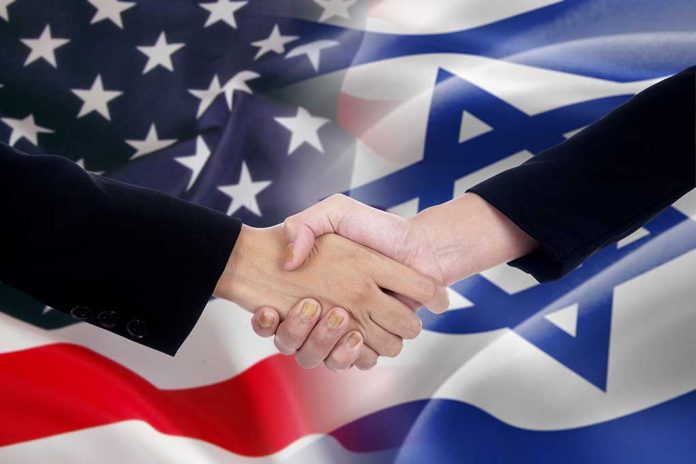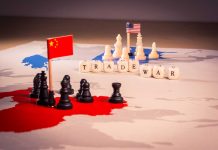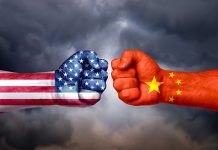
U.S. sanctions on the International Criminal Court (ICC) underscore a fierce bid to curb international probes threatening American and Israeli sovereignty.
At a Glance
- Trump’s executive order sanctions the ICC over investigations against the U.S. and Israel.
- Sovereign immunity challenges ICC’s authority, as the U.S. and Israel deny its jurisdiction.
- The ICC’s pursuit of legal action against U.S. and Israeli officials sparks international contention.
- Amnesty warns sanctions could thwart justice for victims of human rights abuses.
A Bold Executive Order
President Donald Trump signed an executive order on February 6, 2025, targeting the ICC. The order, which mandates sanctions like asset blockades and travel bans for ICC officials, aims to shield U.S. and Israeli operators from pending legal confrontations viewed as baseless. Administration officials, including the Secretary of State and Secretary of the Treasury, have the responsibility to execute and report on these mandates to both the President and Congress.
Despite the ICC’s ongoing attempts to enforce investigations against U.S. and Israeli figures, both nations challenge the court’s jurisdiction, standing adamantly outside the Rome Statute’s purview. The endeavor to impose sanctions follows a national emergency declaration aimed at negating any risks the court’s prosecutions could pose, aligning notably with the American Servicemembers’ Protection Act of 2002.
Mixed Reactions from Allies and Critics
Israeli Prime Minister Benjamin Netanyahu backed Trump’s decisive move, hailing it as a defense against unjustified legal warfare. “Thank you, President Trump, for your bold ICC executive order. It will defend America and Israel from the anti-American and antisemitic corrupt court that has no jurisdiction or basis to engage in lawfare against us.”
Thank you, President Trump, for your bold ICC Executive Order. It will defend America and Israel from the anti-American and antisemetic corrupt court that has no jurisdiction or basis to engage in lawfare against us.
The ICC waged a ruthless campaign against Israel as a trial…
— Benjamin Netanyahu – בנימין נתניהו (@netanyahu) February 7, 2025
However, reactions were less favorable from global advocates for international justice.
Amnesty International and other human rights organizations argue that these sanctions might obstruct the ICC’s mission to deliver justice to victims and could threaten its operations. The ICC insists on its firm commitment to serve justice for affected populations globally, amid fears the sanctions may jeopardize its operational survival.
Broader Implications and Ongoing Tensions
The pursuit against ICC’s jurisdiction not only underscores the emphasis on protecting U.S. sovereignty but also strikes a resonance with allied tensions against uninvited global oversight. As the ICC continues its examinations of alleged crimes involving Israeli and U.S. personnel, the American administration remains firm in its resistance. The Trump administration described the court’s legal pursuits as a “shameful moral equivalency,” insisting that it holds “no jurisdiction, no legitimacy and no authority.”
This potent debate iterates on the diplomatic discord between balancing sovereign immunities and ensuring justice for human rights abuses on a global scale, reflecting ongoing complexities surrounding international law’s role in politically charged arenas.






















